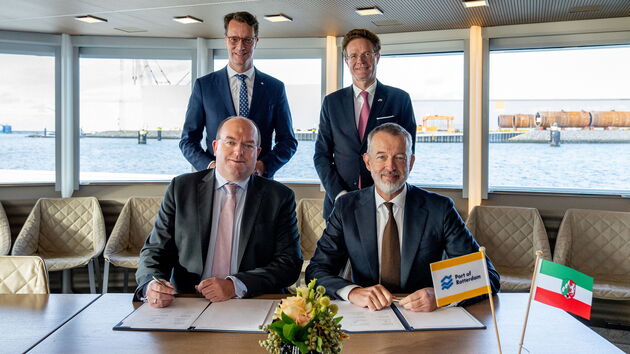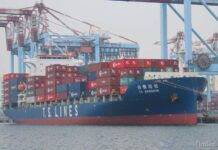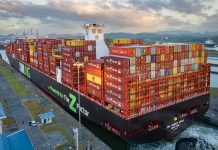
Port of Rotterdam and the port in Duisburg are forging a partnership to become pivotal hydrogen and CO2 hubs, establishing themselves as essential infrastructure for achieving climate-neutral industrial operations.
This collaboration reinforces North Rhine-Westphalia’s role as a European logistics nexus serving energy distribution networks and military mobility requirements for collective defense.
The Rotterdam-Duisburg partnership exemplifies integrated European strength during a period of significant global transformation.
A key innovation in their cooperation involves establishing CO2 export capabilities.
The bilateral agreement prioritizes developing the Rhine corridor as a sustainable, transnational logistics hub.
This waterway serves as the arterial network for European energy supply chains, providing industrial production centers with efficient, environmentally responsible access to global markets.
Markus Bangen, CEO of duisport, highlighted the confrontation of substantial challenges that become more manageable through collaborative approaches, stating also that consolidating the expertise and developing unified cross-border solutions, particularly in sustainable logistics and energy transition sectors is imperative.
Building on their 2022 letter of intent, the ports continue advancing cooperation across rail infrastructure, inland development, digitalization, and energy transition initiatives.




